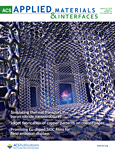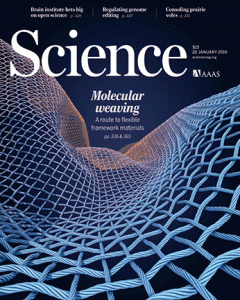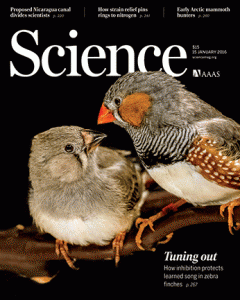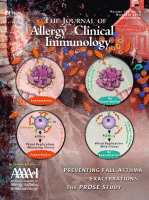
Last week, the International Committee of Medical Journal Editors proposed requiring authors to share deidentified patient data underlying the published results of clinical trials within six months of publication. The proposal has earned much support but also some concerns – for example that other scientists might poach the findings, acting as the New England Journal of Medicine dubbed “research parasites.” Elizabeth Wager, a member of the board of directors of our parent organization, disagrees with that concern, but raises another issue – namely, the unintended consequences of data sharing on other, more effective initiatives to make reporting more transparent.
The recent proposal from the ICMJE may appear, at first glance, a positive step towards better clinical trial reporting. However, I’m concerned that this new requirement might undermine other more effective initiatives to increase the efficiency of research, such as the publication of protocols and full study reports. Here’s why.
All actions have costs, risks, and benefits: Making partial data sharing a condition of publication is no exception. The costs are hard to quantify but undoubtedly not trivial. Putting clinical data into a usable format and making it meaningful to other researchers requires considerable time and effort by knowledgeable people. To this must be added the costs of establishing and maintaining suitable repositories and of checking compliance.
I’m not saying that open data does not have any benefits. Continue reading Sharing data is a good thing. But we need to consider the costs.








